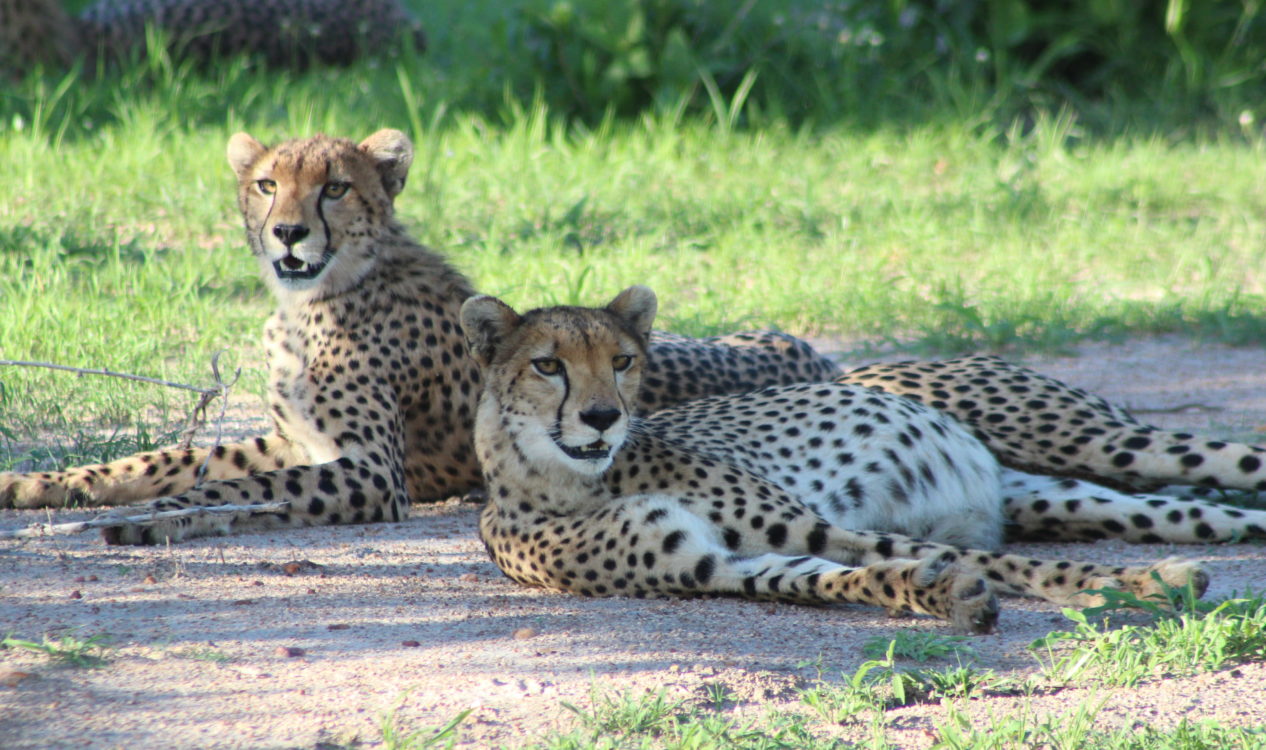Cheetah Conservation in Botswana

Conservation through Coexistence
Funding for this project has now finished
The cheetah is Africa’s most threatened large cat. Over the past century, the world’s cheetah population has declined by 90%. There are now only 7000 cheetahs left in Africa. Their future lies in the hands of the farmers with which they share the land. Cheetah Conservation Botswana aims to conserve Botswana’s important cheetah population through scientific research, community outreach and education, working in collaboration with communities, government and relevant stakeholders to promote coexistence with Botswana’s rich diversity of carnivore species.
The Problem
Human encroachment has contributed to the loss of 75% of the area where they used to roam. Although Parks and Game Reserves provide a haven for many carnivores, cheetahs require space that extends beyond most existing protected areas. Botswana is one of the last strongholds of the species, with 30% of the world’s population. Its central position on the continent makes it an important strategic region, providing connectivity between remaining cheetah populations.
However, Botswana’s cheetahs are under threat. From an ecological perspective, agricultural farmlands serve as critical habitat for cheetahs in Botswana as they tend to be outcompeted in formally protected areas that hold higher densities of larger competing carnivore species. 78% of cheetahs live outside reserves on unprotected lands, where they come into conflict with livestock farmers. Currently, human-wildlife conflict is the greatest threat to Kalahari carnivores, especially threatened cheetah and wild dog populations. To stop wildlife decline, changes must be made to the current methods of land and livestock management. As a result, the continued survival of Botswana’s carnivores depends on the attitudes of farming communities.
The Solution
We are supporting Cheetah Conservation Botswana, a multidisciplinary organisation that combines scientific research, community engagement and education programs. They are working to increase knowledge and promote best practices in range, livestock and conflict management; raise environmental awareness amongst the youth; and partner with communities to investigate opportunities for diversifying livelihoods, working together to evolve and implement solutions to benefit both rural community welfare and environmental conservation.
Thank you to all our donors who helped us fund this work. You can help us support more projects like this with a donation today:
